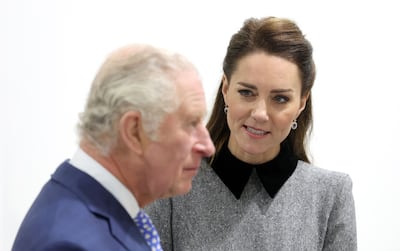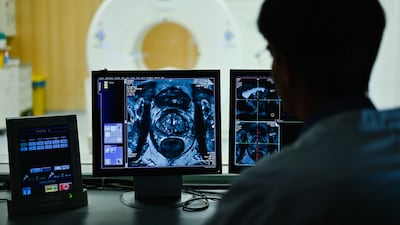King Charles III’s imminent admission to hospital for treatment on an enlarged prostate is a reminder for men to carry out heath checks.
Meanwhile Kate, the Princess of Wales, has had planned abdominal surgery and will remain in hospital for 10 to 14 days.
The UK’s National Health Service advises that for men over 50, prostate checks are a key health prevention technique.
The King is being admitted with an enlarged prostate, a non-cancerous condition.
An enlarged prostate is common in men over 50 and does not usually pose a serious threat to health, the NHS says.
Referred to by medics as benign prostate enlargement, the condition does not put sufferers at a higher risk of developing prostate cancer.
Symptoms are often mild but can be “very troublesome” for some, the NHS website says.
When the prostate becomes enlarged, it can put pressure on the bladder and the urethra. This can cause sufferers to urinate more often and have difficulty when doing so.
It is not fully understood why some men develop the condition, but it is believed to be linked to hormonal changes as men age.

Patients may need to have several tests for the condition to rule out the possibility they have another illness, such as prostate cancer, according to the NHS.
Some of these tests can be done by a GP but others may need to be completed in hospital.
People with mild symptoms tend not to need immediate treatment and a doctor will decide when to schedule the next check-up.
Patients may be advised to drink less, consume fewer artificial sweeteners and exercise more often.
Medicine to reduce the size of the prostate and relax a patient's bladder may be recommended to treat moderate to severe symptoms.
Surgery tends to only be recommended for people with moderate to severe symptoms that have not responded to treatment, the NHS site says.
The condition can cause urine infections as well as chronic and acute urinary retention. Chronic urinary retention is when someone cannot empty their bladder fully.
Acute urinary retention occurs when someone can suddenly no longer urinate at all.
It also causes lower stomach pain and swelling on the bladder that a patient can feel with their hands.
Anyone with symptoms of AUR should go to hospital immediately.








































